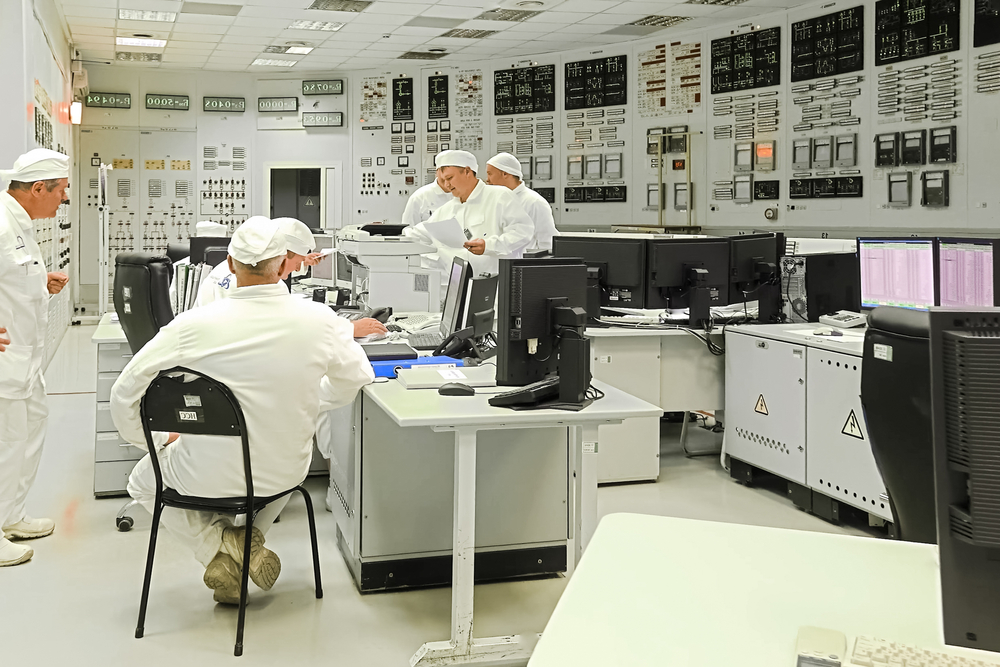American Democratic congressman Lloyd Doggett called on the world community and the US government to increase pressure and implement sanctions against all assets of Rosatom as soon as possible to counter Russian aggression in Ukraine.
This is stated in his column for Foreign Policy, where the congressman draws attention to the uncontrolled expansion of the network of the Russian nuclear giant, which plays a key role in financing and continuing the war against Ukraine.
"If Russia's nuclear industry remains unsanctioned, it will not only undermine US foreign policy goals but also threaten US efforts to support Ukraine's struggle for its freedom. US President Joe Biden and Congress could do much more to eliminate dependence on Russia for nuclear fuel," said Congressman Doggett.
In his op-ed, the Congressman refers to the data of the Ukrainian think tank DiXi Group, which collected information about Rosatom's
new assets, which include high-tech companies developing equipment and software for certified information protection, shipping companies, titanium and zirconium producers, and industrial equipment. He notes that Rosatom's expansion into these sectors helps Russia avoid international restrictions and strengthen its global influence. For example, acquiring the large shipping company Fesco strengthened Rosatom's control over critical assets.
Rosatom and its companies continue to diversify into sectors beyond the nuclear industry, which has become an unauthorized channel for the legal acquisition of high-tech products, including for strengthening the Russian military machine. The Russian army is supplied with basic materials, including aluminum oxide for rocket fuel and lithium-ion batteries for tanks, air defense systems and 3D printing technology.
"Under the dome of the sanction-free structures of Rosatom of the Russian Federation, it is much easier to obtain the necessary technologies to strengthen dominance in the world market. For example, Rosatom's subsidiary Renera, despite the ban on exports from South Korea, purchased equipment for assembling high-quality lithium-ion batteries using cells and modules," Congressman Doggett notes.
His call for sanctions against Rosatom and reducing the world's dependence on the Russian Federation in the field of nuclear energy was heard after hearings
held in the US Congress on March with the participation of representatives of the Ukrainian Government.
The Ukrainian Energy Minister Herman Halushchenko stated that the Russian holding was directly involved in the planning, preparation, and financing of Russia's armed aggression against Ukraine.
Because of this dependence, Rosatom's core business has avoided sanctions and continues to expand, with nearly 20 new agreements and memorandums of cooperation signed in 2023, mainly with Asian and African countries interested in affordable nuclear technologies. All NPP construction projects launched since the start of Russia's full-scale invasion of Ukraine in February 2022 are progressing. These relations serve Russian strategic interests, preserving its geopolitical influence.
While Western States focus on diplomacy and selective economic sanctions, Rosatom's strategic maneuvers are a serious challenge. According to the American Сongressman, curbing Russia's ambitions requires complex actions, including automatic sanctions against all Rosatom assets acquired after 24 February 2022, and all research organizations associated with Rosatom to limit Russia's access to modern technologies.
"Sanctions will only be effective when the United States and the G-7+ demonstrate unity, strength, and resilience, because transatlantic cooperation can create opportunities to reduce dependence on Russia," Doggett summarized.
Related:
- UK invests in high-tech nuclear fuel to push Russia out of market
- Russia’s nuclear arsenal has a bottleneck
- US and Europe continue importing Russian nuclear products despite sanctions – Economic Times





